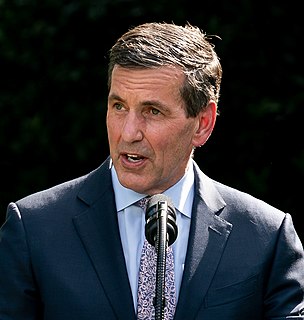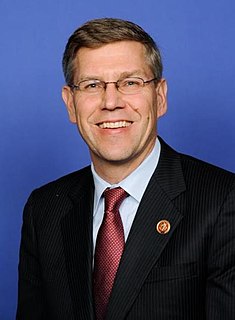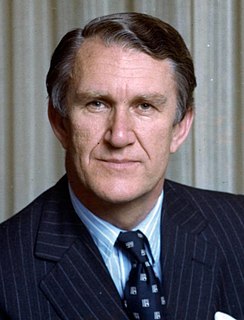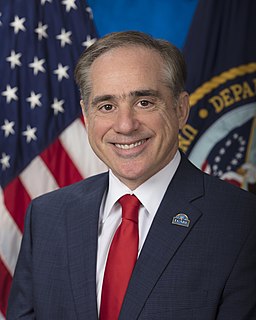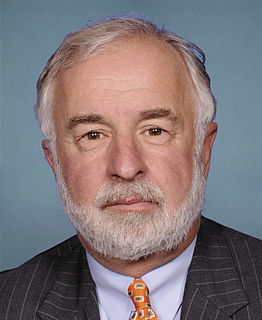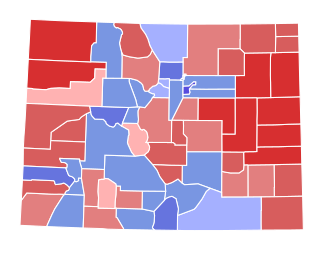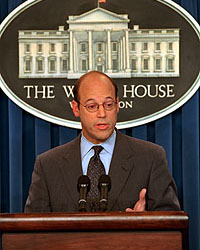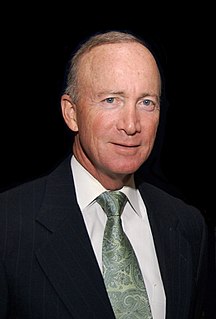Top 1200 Health Care Quotes & Sayings - Page 3
Explore popular Health Care quotes.
Last updated on November 10, 2024.
To be without health insurance in this country means to be without access to medical care. But health is not a luxury, nor should it be the sole possession of a privileged few. We are all created b'tzelem elohim - in the image of God - and this makes each human life as precious as the next. By 'pricing out' a portion of this country's population from health care coverage, we mock the image of God and destroy the vessels of God's work.
The current health care takeover proposals feature a crucial payoff to Big Labor - a golden exemption from any tax on union members' generous health care benefits. The friends and patrons of Obama may be making out like bandits. But for everyone else, the Democrats' ideological bankruptcy comes at a nauseatingly steep price.
As Congress debates overhauling the nation's health care system, it should not authorize a reform plan that would further our financial woes. We must avoid creating an unsustainable government program. There is no question that reform is needed, but health care can be made more affordable without massive and expensive new bureaucracies.
We have about 360,000 employees in the VA health care system. It's the largest health care system in the country. And the negative attention that's been put on VA has hurt the morale of our workforce. And so what we're trying to do is to get people to understand that we're doing great work every day.
Most of the people who make decisions about global health are in the U.S. and Western Europe. There, the mental health care system is dominated by highly trained, expensive professionals in big hospitals, who often see patients over long periods of time. This simply can't be done in rural Africa or India. Who the hell can afford that kind of care?
In 1979, just after I became governor, I asked Hillary to chair a rural health committee to help expand health care to isolated farm and mountain areas. They recommended to do that partly by deploying trained nurse practitioners in places with no doctors to provide primary care they were trained to provide.
America must deal once and for all with an utterly irrational health care financing system that allows private interests to make billions in profits from the pain and suffering of their fellow citizens. America is the only country in the industrialized world that does not provide tax-supported universal health care coverage in some form.
Since 1994, lawmakers on both sides of the aisle have considered it politically risky to offer a plan to fix America's broken health care system. The American public, though, has paid the price for this silence as health care costs skyrocketed, millions went uninsured, and millions more grappled with financial insecurity and hardship.
Health care is too expensive, so the Clinton administration is putting a high-powered coporate lawyer - Hillary - in charge of making it cheaper. (This is what I always do when I want to spend less money - hire a lawyer from Yale.) If you think health care is expensive now, wait until you see what it costs when it's free.
The truth is that the greatest innovations in health-care delivery haven't come from federally contrived oligopolies or enormous hospital chains. Novel concepts - whether practice-management companies, home health care or the first for-profit HMO - almost always have come from entrepreneurial firms, often backed by venture capital.
Furthermore, we believe that health care reform, again I said at the beginning of my remarks, that we sent the three pillars that the President's economic stabilization and job creation initiatives were education and innovation - innovation begins in the classroom - clean energy and climate, addressing the climate issues in an innovative way to keep us number one and competitive in the world with the new technology, and the third, first among equals I may say, is health care, health insurance reform.
This is what I would call old politics. This is the stuff we're trying to get rid of. Because the problem is, when we start breaking down into conservative and liberal, and we've got a bunch of set predispositions, whether it's on gun control, or its' on health care, any attempt to do health care is socialized medicine.





